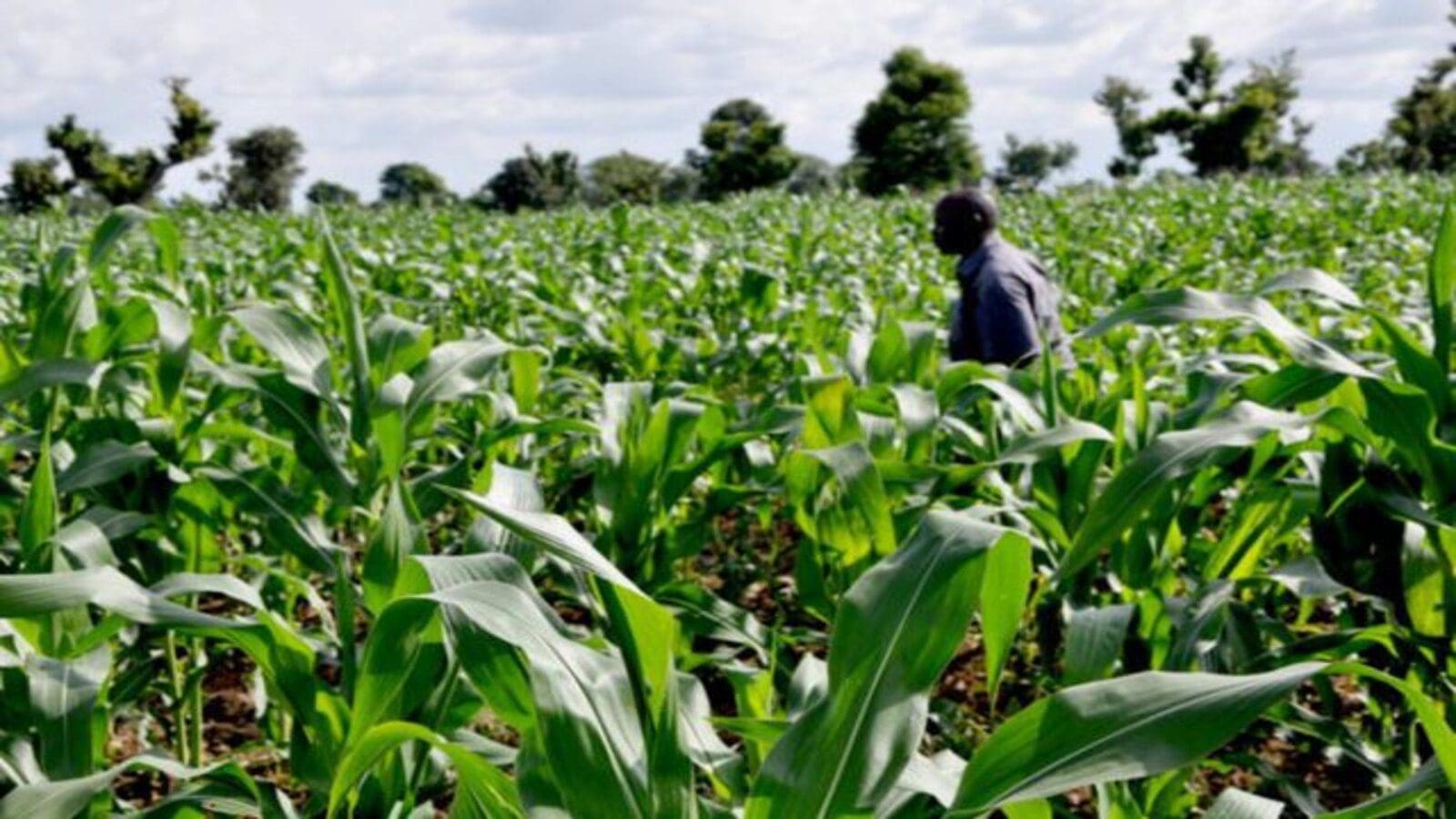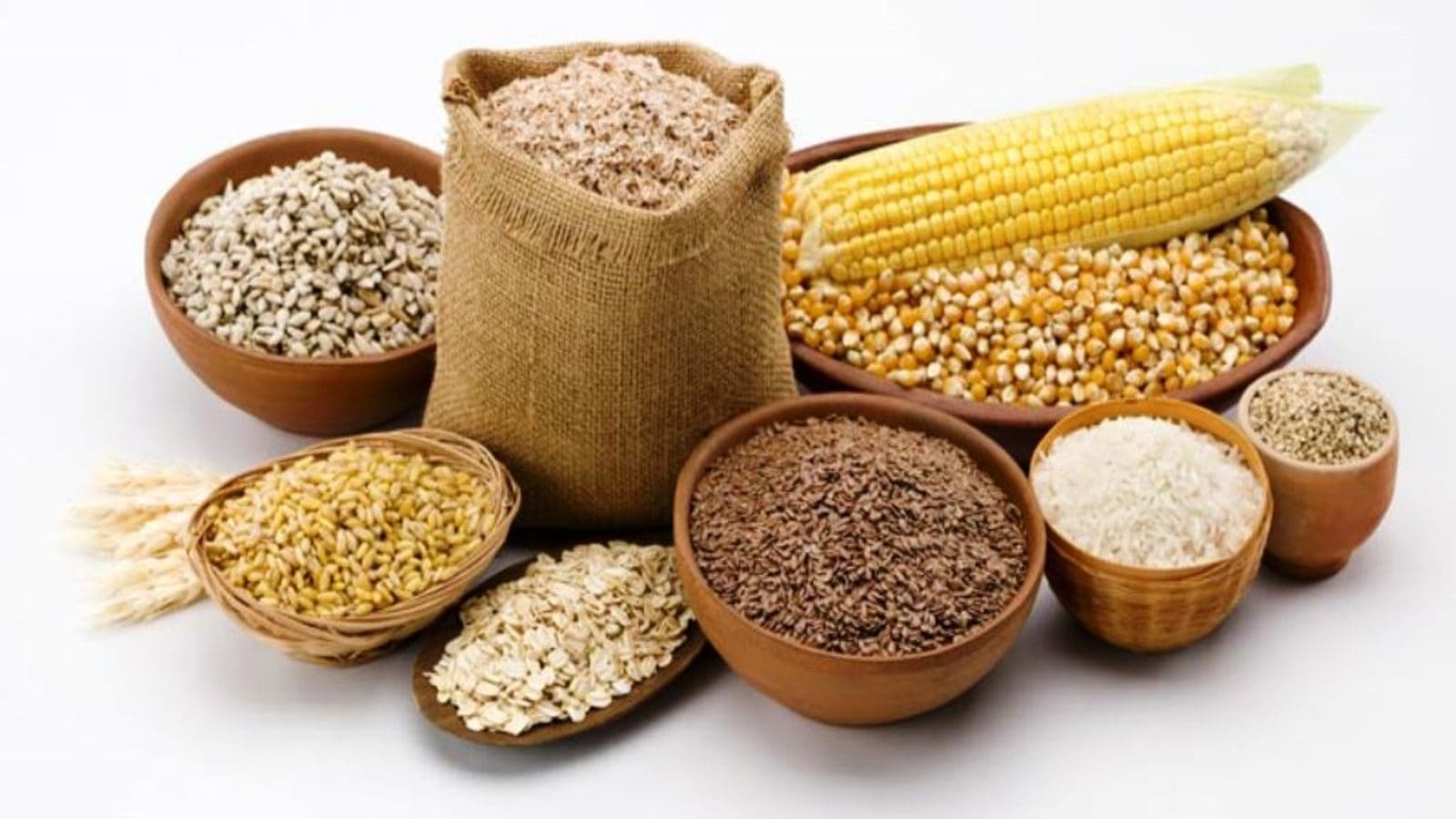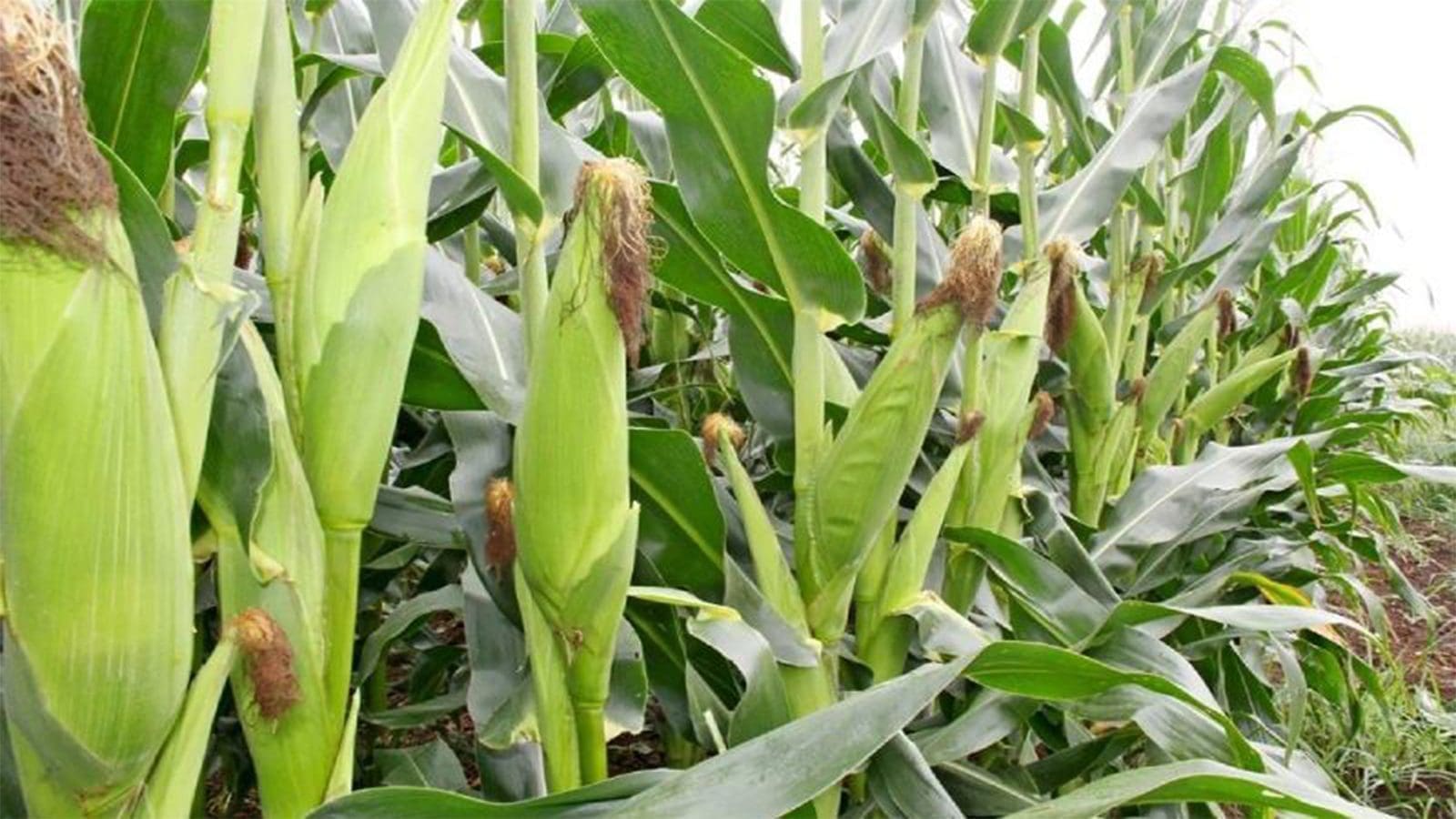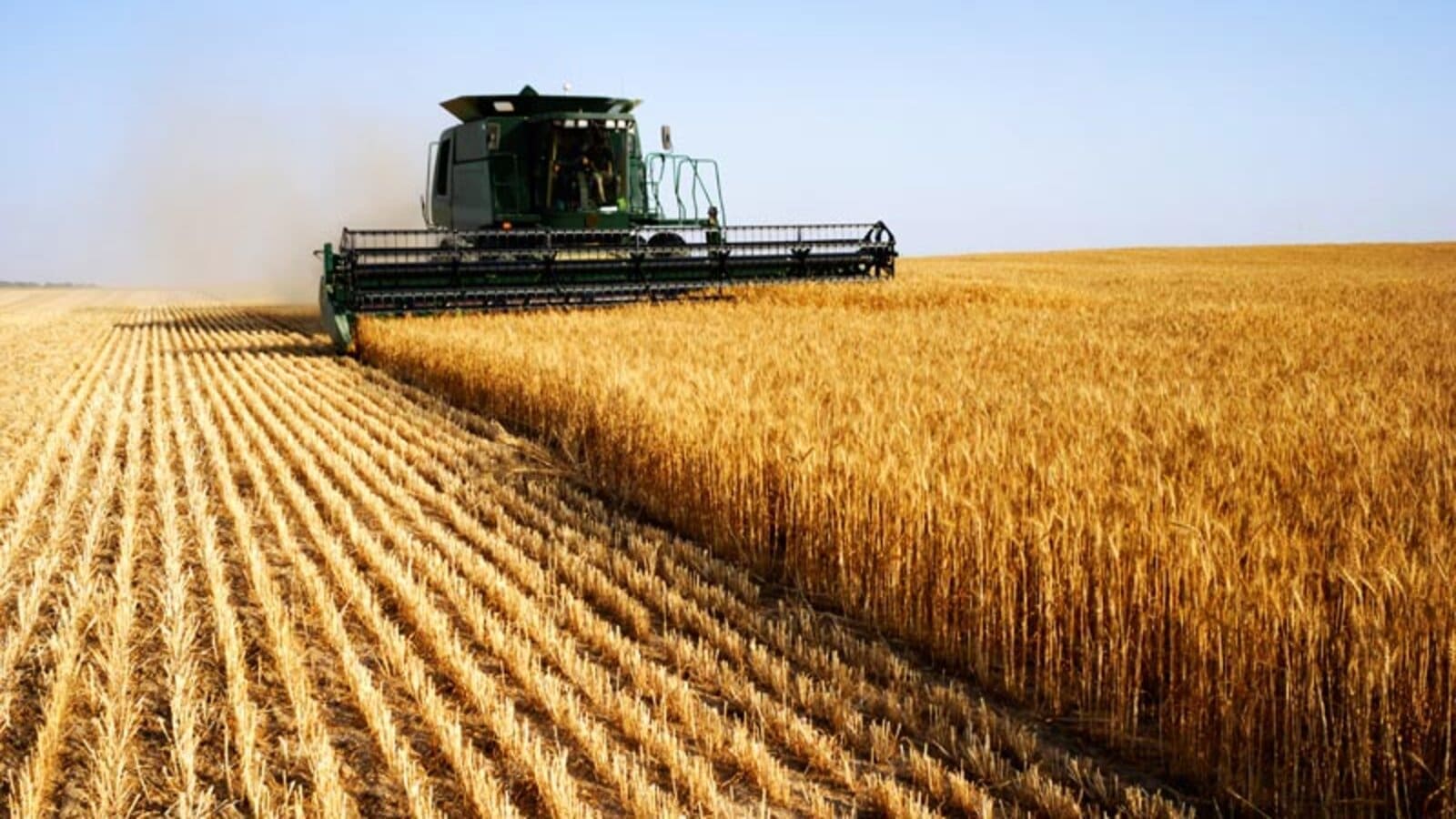NAMIBIA – Namibia is collaborating with the United Nations Food and Agriculture Organization (FAO) on the use of advanced technologies to strengthen food security and bolster agricultural productivity in the country, the Namibian has reported.
Phillipus Tobias, FAO Namibia Communications Officer made the announcement adding that the project seeks to significantly improve the accuracy and reliability of yield estimates for strategic crops, primarily maize using remote sensing yield forecast models.
Dubbed ‘Improved Yield Estimates to Inform Agricultural and Food Security Interventions’, the project will be spearheaded by the University of Maryland (UMD)/Nasa Harvest, funded by the United States Agency for International Development’s Bureau of humanitarian assistance.
According to Tobias, the South African country has embarked on an initiative that utilizes advanced technologies such as remote sensing, machine learning, and artificial intelligence to collect accurate and extensive data on a large scale.
Recently, FAO warned of impending food insecurity in the country, after its report indicating that 750 000 people in Namibia may face acute food insecurity in 2023.
Additionally, FAO said in its latest crop prospects and food situation that high food prices and localized weather-induced shortfalls in cereal production expected this year will increase the number of food-insecure people in the country.
However, since November 2022, the Ministry of Agriculture, Water, and Land Reform, in partnership with the FAO and UMD/Nasa Harvest, has been carrying out field data collection across the most vulnerable to climate change regions in a bid to boost cereal production.
The objectives of the project, therefore, include providing better yield estimates for agricultural and food security interventions in Namibia, improving the analytical capacity of stakeholders, and generating early warning information for targeted agricultural interventions.
In addition, the project will provide data for policymakers, farmers, and relevant stakeholders in making well-informed choices.
Tobias revealed that the project has already its foot, currently, actively collecting data to obtain more precise yield estimates.
He added that the primary focus of the data collection phases has been on assessing agricultural input availability, estimating crop yields, and conducting post-harvest assessments to determine actual harvest yields
Gift Kamupingene, the FAO’s national project coordinator on his part intimated that the accurate data on crop yields and other relevant information collected through the project will enable the FAO, UMD/Nasa Harvest, and the agriculture ministry to provide tailored interventions that address the specific needs of farmers in the regions.
“Through the use of advanced technologies, the project can analyze and understand the specific needs of farmers, enabling the design of interventions that directly address these challenges,” he said
Namibia was selected as one of the three pilot countries for this project, alongside Malawi and Kazakhstan.
For all the latest grains industry news from Africa, the Middle East and the World, subscribe to our weekly NEWSLETTERS, follow us on LinkedIn and subscribe to our YouTube channel










